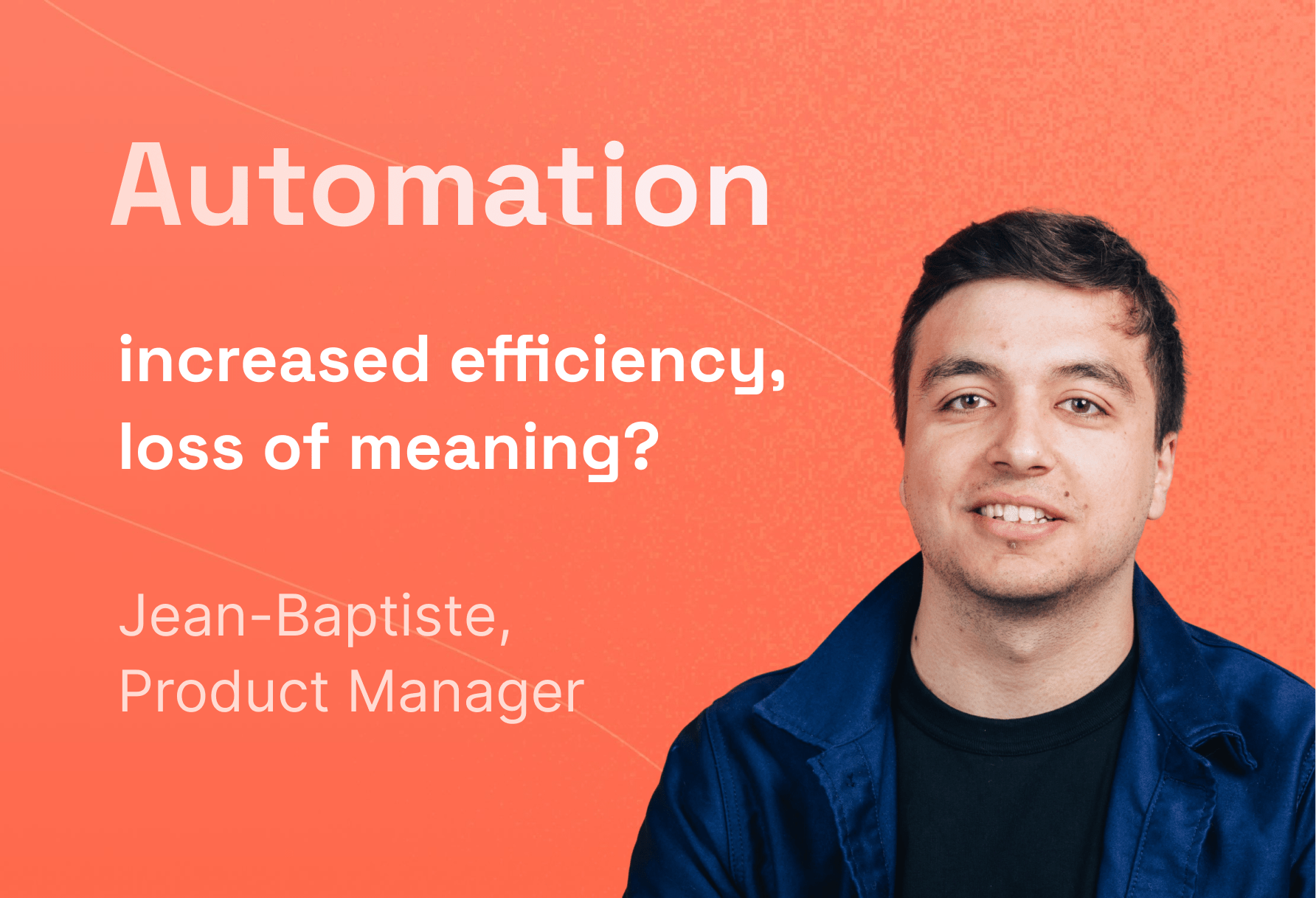"What if you could start from scratch?" by Nicolas Foo (CFO)
Nicolas, CFO, talks about all the bets Seyna made starting fresh. What would have been yours?
.png)
I'm CFO of Seyna, the insurance platform for insurance professionals.
I joined Seyna 3 years ago. At the time, we had the chance to start from scratch to reshape our business and explore a new approach to insurance.
After 2 years of development, I'd like to challenge our approach.
You work in insurance or finance. Imagine you had the opportunity to start from scratch and transform the sector? Where would you start?
Here is what we did ... :
A unique data model
The insurance sector is expected to be worth $7.5 trillion by next year. (Source: Accenture). This is gigantic.
But behind these staggering volumes lie extremely low and unpredictable margins. In an economic climate as volatile as ours, and on such volumes, every decision has a tenfold effect. How can we ensure that we make the right decisions? By making data reliable and actionable.
However, having experienced it first-hand, data management remains complex and costly, without allowing for serene decision-making. Why? Because of technological complexity. This tech legacy stems from decades of external growth operations integrating never ending technological stacks.
That's why our first challenge was to aim for the universal integration of all insurance data. To achieve this, we built our “Core Insurance Platform”: a platform capable of absorbing any raw, unstructured data we receive from our customers (brokers, insurers, reinsurers). Whatever the format, the platform transforms the data and automatically makes it usable.
This data becomes immediately available and actionable for our commercial, actuarial and financial monitoring needs. (More information here)
Automated controls
As an insurer, we have to manage enormous quantities of data. Starting from a blank page, we were able to implement controls from the outset, making it impossible to integrate erroneous data. Our control algorithms thus guarantee the accuracy of all written premiums, earned premiums and cash flow. These controls validate that the price applied to a given customer matches the product's pricing grids. They also enable us to certify the validity of certain actions. For example, we make sure that claims reported are indeed linked to existing contracts. This helps us to be more efficient during our external audits, etc.
In other words, all these controls guarantee that the raw material for all our financial and operational analyses is accurate.
Instant performance monitoring tailored to each team's needs
We have a guiding conviction at Seyna that success is a method. We iterate, measure, adjust and repeat. No one can get it right the first time, and it doesn't matter. The important thing is to be able to rectify quickly.
So we set out to build the technology that would enable us to track our sales performance, the profitability of our insurance programs and, more generally, our income statement and accounting in real time.
In addition, each team has its own dialect. Sales people speak of “written premiums”, finance people of “earned premiums”, actuaries of “IBNR”, etc. ... Our tools had to reflect all these visions, intuitively.
A platform accessible to all
Over the course of my career, I've seen many business relationships blighted by a lack of trust. At Seyna, we have opted for absolute transparency. While access to data is obviously limited to its owner, the latter has access to the exact same data we work with. They can access it at any time via the platform.
In addition to being a testament to our good faith, this provides for richer discussions with our partners who get to lead their own analysis.
Steering by anticipation
More recently, we have developed the “Business Plan” module in the Seyna platform. It continuously generates business projections based on our actual performance. This is a game-changer for the Finance team, but not only…
For example, our platform tells us when ... :
- ... we need to recruit a new sales representative. If a given account surpasses a certain amount of ongoing deals for 2 consecutive weeks, we get a warning.
- ... or whether repricing becomes necessary. The target KPIs are set in our platform and alerts us as soon as things go south. We can then reprice before any further shortcoming.
This allows us to be much more proactive than reactive.
We're only at the beginning of our adventure, and we still have many challenges ahead of us.
But what do you consider the industry’s most pressing challenges to be? Are there any matters on which you feel we’re still collectively wasting too much time and resources?
In short, if you could start from scratch, where would you begin? Looking forward to discussing it with you!


